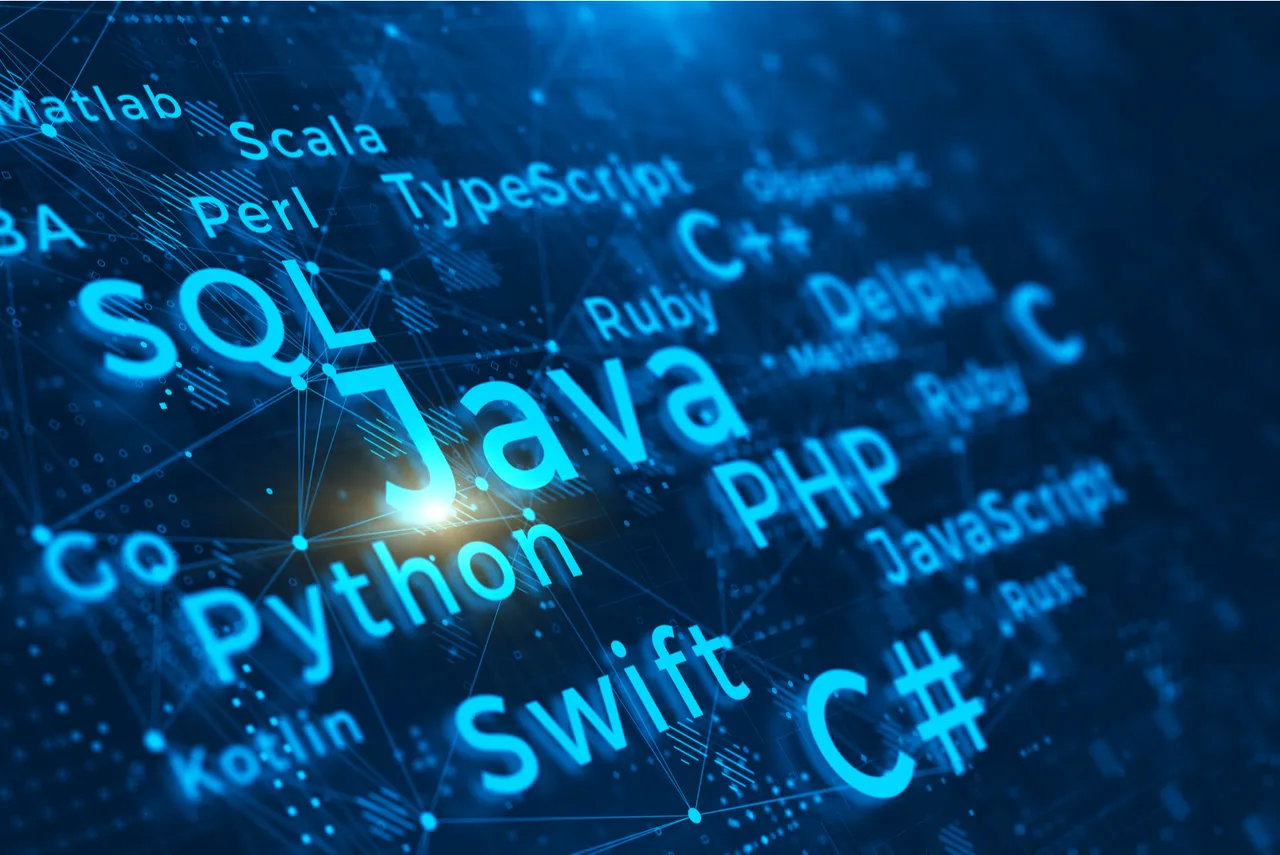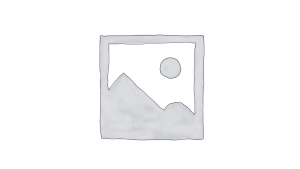Description
The course commences by acquainting you with C++ syntax, delving into the semantics of variables and exploring their advantages and trade-offs. Through this course, you'll gain the ability to compile fully functional C++ programs and comprehend how variables, references, and pointers manipulate the program's state. Subsequently, you'll delve into functions and classes—core features of C++ utilized for program organization—and utilize them to tackle more intricate problems. You'll also grasp common pitfalls and modern best practices, particularly those that deviate from the C++98 guideline.
Progressing through the chapters, you'll uncover the benefits of generic programming and craft your own templates to facilitate generic algorithms applicable to any data type. This C++ course will guide you in effectively leveraging standard containers and selecting the suitable container for each problem. Additionally, you'll gain hands-on experience with various memory management tools in C++.
By the conclusion of the course, you'll possess the knowledge required to develop robust and high-performance infrastructure. Furthermore, you'll not only be proficient in writing efficient code but also equipped to enhance readability, performance, and maintainability of your programs through standard algorithms.
Introduction to C++ Programming Training Objectives
- Work with the C++ compilation model and syntaxes
- Apply best practices for writing functions and classes
- Write safe
- generic
- and efficient code with templates
- Explore the containers that C++ standard offers
- Discover the new paradigms introduced with C++11
- C++14
- and C++17
- Get to grips with the core language features of C++
- Abstract complex problems using object-oriented programming in C++
Need Assistance Finding the Right Training Solution
-
Introduction to C++ Programming Prerequisites
Scope
This course is intended for individuals having prior programming knowledge. This course is not for beginners who have chosen C++ as their first programming language.
Target Audience
If you’re a developer looking to learn a new powerful language or are familiar with C++ but want to update your knowledge with modern paradigms of C++11, C++14, and C++17, this course is for you. To easily understand the concepts in the course, you must be familiar with the basics of programming.
-
Introduction to C++ Programming Training Format
In-Person
Online
-
Introduction to C++ Programming Outline
Lesson 1: Getting Started
The C++ Compilation Model
Built-in Data Types
Pointers and References
Control Flow
The try-catch block
ArraysLesson 2: Functions
Function Declaration and Definition
Local and Global Variables
Passing Arguments and Returning
Working with const References or r-value References
Const Parameters and Default Arguments
Namespaces
Function OverloadingLesson 3: Classes
Declaring and Defining a Class
Member Functions
Constructors and Destructors
Resource Acquisition Is Initialization
Nested Class Declarations
Copy Constructors and Assignment Operators
Operator Overloading
Introducing FunctorsLesson 4: Generic Programming and Templates
Templates
Defining Function and Class
Non-Type Template Parameters
Making Templates Easier to Use
Being Generic in Templates
Variadic Templates
Writing Easy-to-ReadLesson 5: Standard Library Containers and Algorithms
Sequence
Associative Containers
Unordered Containers
Container
Unconventional
std::optional
std::variant
Iterators
Algorithms Provided by the C++ Standard Template LibraryLesson 6: Object-Oriented Programming
Inheritance
Polymorphism
Virtual Methods
Interfaces in C++
Dynamic Memory
Safe and Easy Dynamic Memory



